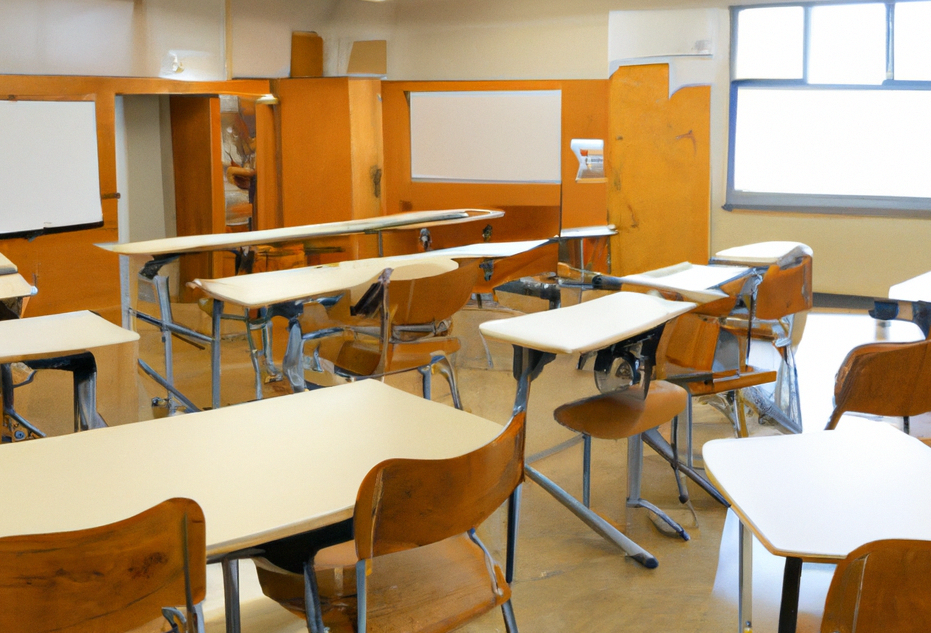Alberta Premier Danielle Smith’s parental rights announcement has surely generated a lot of debate. Not only will Alberta require schools to obtain parental consent before changing the names or pronouns of students under the age of 16, but teachers will also have to get explicit parental approval before delivering lessons about sexual orientation and gender identity.
Critics were quick to denounce Premier Smith’s announcement as transphobic. Prime Minister Justin Trudeau even weighed in by calling it the “most anti-LGBT” legislation in Canada. Several of his cabinet ministers used equally forceful language to condemn Smith.
However, this type of hyperbole is not helpful, particularly since public opinion polls show that Canadians support most of Smith’s proposals—particularly the requirement to notify parents prior to changing the names or pronouns of students. In addition, New Brunswick and Saskatchewan already have similar policies in place, and their public education systems appear to still be intact.
The key thing to recognize is that schools cannot function without trust, especially the trust from parents and guardians. Schools exist to serve students and their families, not the other way around. If parents do not trust their neighbourhood schools, this will make it nearly impossible to have any kind of productive relationship.
Schools should not keep secrets from parents. Arguing that it is proper for a school to socially transition a child to a different gender for months, or even years, without informing parents is one of the fastest ways to undermine support for public education. It makes far more sense to keep parents in the loop every step of the way.
Simply put, schools must operate on trust. Parents should assume the best about teachers and teachers should assume the best about parents. The truth is that most parents love their children and want what is best for them while most teachers care about their students and sincerely desire to provide them with a quality education.
Imagine how ridiculous it would be if governments enacted policies that assumed teachers could not be trusted with sensitive information about students. While there are some bad apples in every cart, most teachers are responsible professionals who can be trusted with sensitive information.
By the same token, it is absurd to assume that most parents are potential abusers who cannot be trusted with sensitive information about their own children. As for the small number of parents who are abusive, that is why we have child welfare laws. Teachers have a legal responsibility to report suspected incidents of child abuse—as they should. But we certainly should not paint all parents with the same brush.
What this looks like in practice is quite simple. Give each other the benefit of the doubt.Teachers should not assume that parents cannot be told about key things happening in the lives of their children while parents should not jump to the conclusion that teachers are indoctrinating their kids just because one teacher says something that they disagree with.
In short, if both sides trusted each other, we would not be having this debate. Open and honest communication between is essential. Let us not go down the road of putting teachers and parents into opposing camps. They need to cooperate with each other.
When it comes to education, trust is everything.
Michael Zwaagstra is a public high school teacher and a Senior Fellow with the Frontier Centre for Public Policy.
Watch Parents Seeking Common Sense Education on Leaders on the Frontier here. (53 minutes) November 14, 2023



